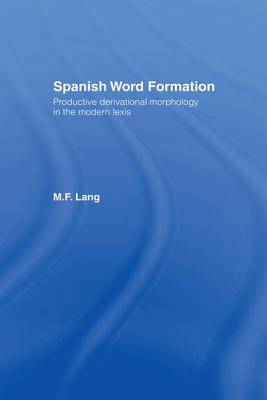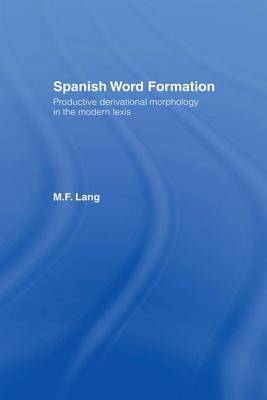
- Afhalen na 1 uur in een winkel met voorraad
- Gratis thuislevering in België vanaf € 30
- Ruim aanbod met 7 miljoen producten
- Afhalen na 1 uur in een winkel met voorraad
- Gratis thuislevering in België vanaf € 30
- Ruim aanbod met 7 miljoen producten
Zoeken
€ 366,45
+ 732 punten
Uitvoering
Omschrijving
First published in 1990. Romance Philology and General Linguistics have followed sometimes converging sometimes diverging paths over the last century and a half. With the present series we wish to recognise and promote the mutual interaction of the two disciplines. The focus is deliberately wide, seeking to encompass not only work in the phonetics, phonology, morphology, syntax and lexis of the Romance languages, but also studies in the history of Romance linguistics and linguistic thought in the Romance cultural area. Some of the volumes will be devoted to particular aspects of individual languages, some will be comparative in nature; some will adopt a synchronic and some a diachronic slant; some will concentrate on linguistic structures and some will investigate the sociocultural dimensions of language and language use in the Romance-speaking territories. As a branch of linguistic science, word formation is concerned with analysing and understanding the mechanisms by which the lexis is created and renewed.
Specificaties
Betrokkenen
- Auteur(s):
- Uitgeverij:
Inhoud
- Aantal bladzijden:
- 282
- Taal:
- Engels
- Reeks:
Eigenschappen
- Productcode (EAN):
- 9780415041430
- Verschijningsdatum:
- 15/02/1990
- Uitvoering:
- Hardcover
- Formaat:
- Genaaid
- Afmetingen:
- 158 mm x 208 mm
- Gewicht:
- 480 g

Alleen bij Standaard Boekhandel
+ 732 punten op je klantenkaart van Standaard Boekhandel
Beoordelingen
We publiceren alleen reviews die voldoen aan de voorwaarden voor reviews. Bekijk onze voorwaarden voor reviews.











